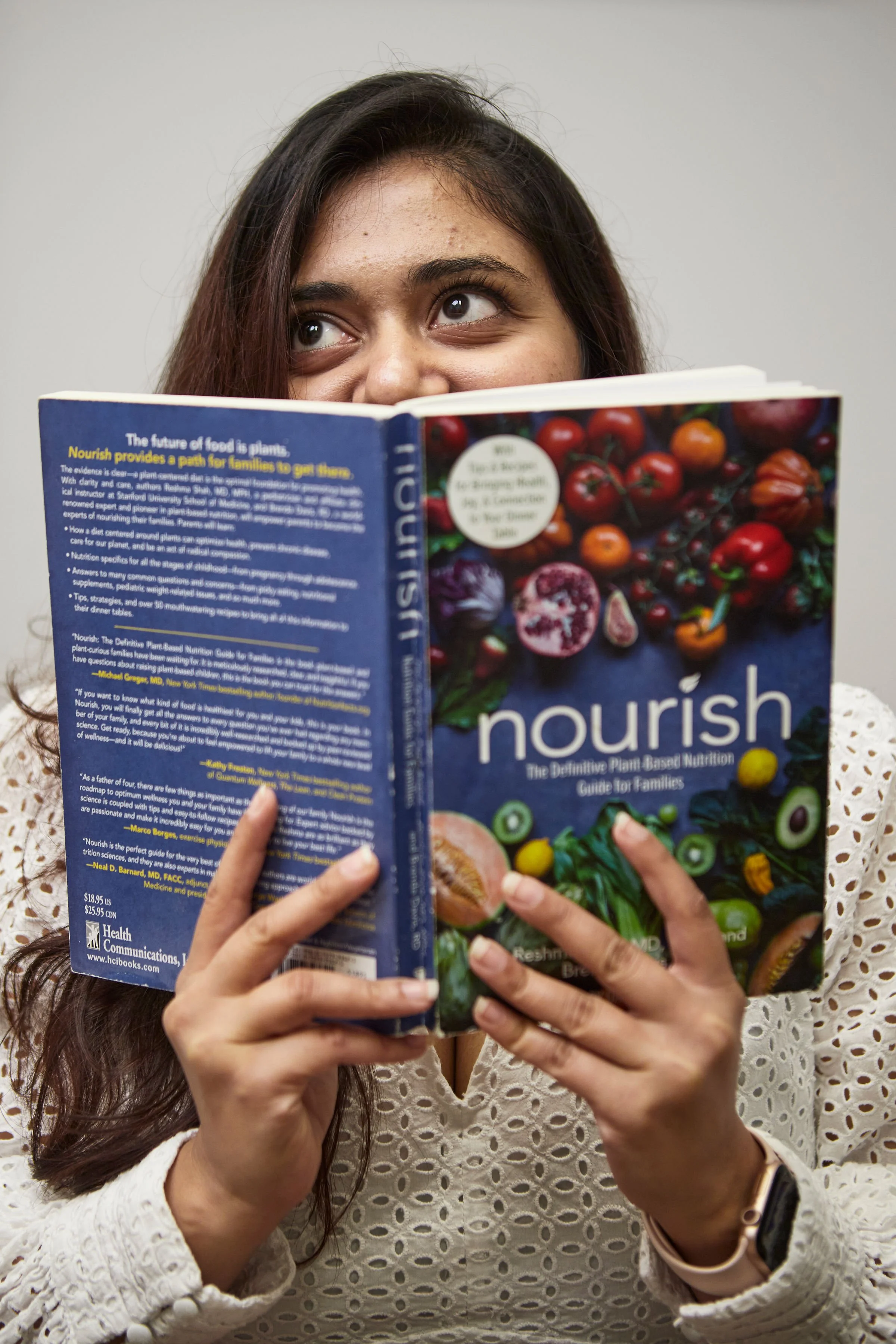IRRITABLE BOWEL SYNDROME
Definition
Irritable bowel syndrome (IBS) is known as a functional gastrointestinal disorder (FGID) along with functional dyspepsia. These are characterized by chronic or recurrent abdominal pain, and in the case of IBS, change in bowel habits that are either relieved or exacerbated with defecation. It is speculated that 10% of individuals worldwide (15% in the US) are affected by IBS. While IBS can affect anyone, it mostly affects women and younger people.
LITERATURE - DIAGNOSIS AND TREATMENT OF Irritable bowel syndrome
There are currently no biomarkers to diagnose IBS, but instead must be based on patient’s most bothersome symptoms. While there is no one-size-fits-all etiology for the onset of IBS, studies have shown that a single experience or combination of the following play a part: bowel motility, visceral hypersensitivity, psychosocial triggers, altered gut-brain interactions, low grade inflammation, alteration in gut microbiome, genetic factors.
There are three subtypes of IBS: IBS with constipation (IBS-C), IBS with diarrhea (IBS-D) and IBS with mixed symptoms (IBS-M). The latter is the most commonly diagnosed but it is not uncommon for patients to switch between subtypes. In all cases, abdominal bloating is reported to be the number one symptom in IBS patients.
IBS-D: Because of the diarrhea component, treatment often requires antidiarrheals, antibiotics, and most often the use of serotonergic agents (in this case 5-HT antagonists to slow the bowel transit).
IBS-C: Because of the constipation component, treatment often requires fiber supplements (those that don’t increase bloating), laxatives, prokinetic agents that target the stimulation of 5-HT receptors. Emerging treatments include presecretory agents, and bile acid modulators.
Abdominal pain is often treated with antispasmodic, and psychotropic agents (SSRIs, SNRIs) which are the most studied and have shown to be the most effective in relieving global symptoms of abdominal pain in IBS patients.
Many studies are linking IBS to low-grade mucosal inflammation challenging the traditional view of IBS as a pure functional disorder. ~Raskov et al
Anxiety and depression are highly comorbid with IBS. Some patients experience mood disorders first, followed by IBS symptoms. Others experience the gut issues first followed by mood disturbances. This tells us that patients have a modulation of the gut-brain interaction, either originating from the gut sending mixed signals to the brain, or the other way around. Many patients have found that eliminating certain fibers which typically cause abdominal pain and bloating have reduced their symptoms. Taking to a low-FODMAP diet, while not well studies, anecdotally has provided good results. In addition, those who have taken out gluten, even in the absence of a celiac deficiency, have had less abdominal distention.
Survey Results
In accordance the last paragraph above, IBS patients across Canada are moderately seeking any physical modality to help with Quality of Life of physical symptoms such as bloating, diarrhea or constipation. It became clear through a reanalysis of the data that by and large, our IBS responders were manipulating their eating habits to reduce any trigger foods. While we are not clear what these modifications are, diet appears to be the number one lifestyle change in coping with IBS.
what they told us
The data is strongly pointing to lifestyle and dietary changes that impact symptoms of IBS. For more information see our Survey Summary.
FEMADE APPROACH TO TREATING Irritable bowel syndrome
Our respondents indicated that dietary changes are their number one focus. This is interesting given so few gastroenterologists help manage symptoms through diet or lifestyle changes. As such Femade offers Naturopathic Medicine though the lens of FODMAP, plant based diets and gut health to help achieve the right balance of fibers for all subtypes of IBS. This is handled in conjunction to a full assessment of other dietary, immune, inflammatory and other comorbid issues that may be impacted by diet and lifestyle. Additionally we offer Nutrition services that also provide an in-depth assessment of your triggers and beneficial foods, and includes meal plan ideas to slowly integrate the dietary changes that are needed to mitigate the symptoms.
While our survey responders did not address this treatment type, we see in literature and at Femade that patients are finding utmost reprieve of IBS-related symptoms through the use of acupuncture. One study showed that acupuncture provided more relief of symptoms as compared to the typical medications for IBS-D and IBS-C, respectively. In addition studies are showing follow up at 12 weeks, acupuncture continues to provide long term relief of symptoms.
Lastly, understanding that IBS is largely accompanied by mood disorders, we offer psychotherapy to address some of the root causes of stress, and stress management. We also offer peer support for a more casual mental health support outlet as well as virtual group support sessions to help build a community.
RESOURCES
Irritable bowel syndrome, the microbiota and the gut-brain axis. https://www.ncbi.nlm.nih.gov/pmc/articles/PMC5046167/
Pathophysiology of Functional Gastrointestinal Disorders: A Holistic Overview. https://pubmed.ncbi.nlm.nih.gov/29421808/
Pharmacologic and Complementary and Alternative Medicine Therapies for Irritable Bowel Syndrome. https://www.ncbi.nlm.nih.gov/pmc/articles/PMC3166664/
Effect of Acupuncture in Patients With Irritable Bowel Syndrome: A Randomized Controlled Trial. https://www.mayoclinicproceedings.org/article/S0025-6196(20)30151-8/fulltext


